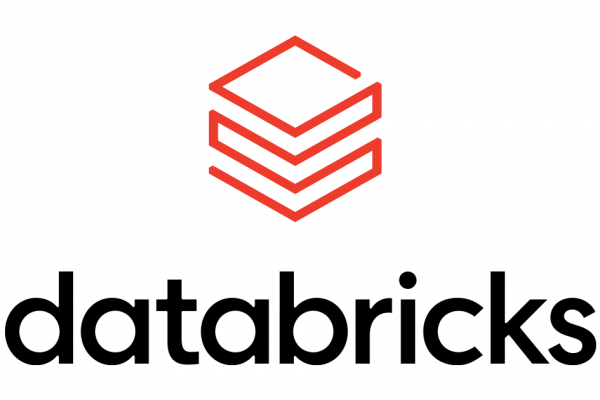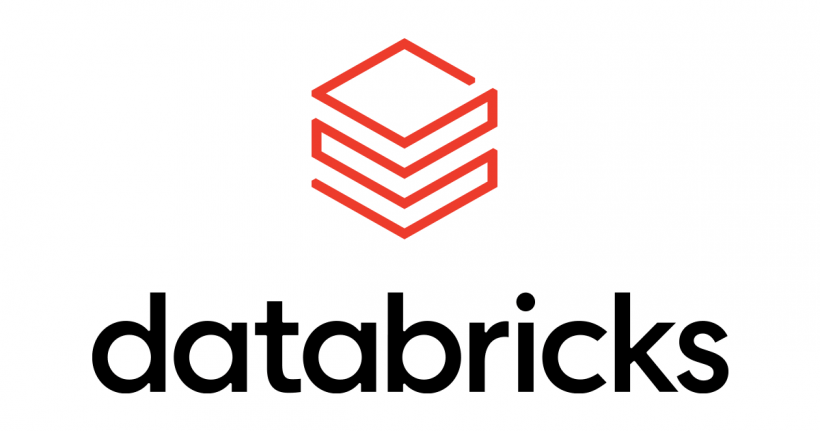Platform
- Lakehouse federation lets you run queries against external database providers in now public preview. For more information https://docs.databricks.com/query-federation/index.html
- Move to trash enabled for repos. For more information https://docs.databricks.com/workspace/workspace-objects.html#delete-object
- Databricks SDK for Go updated to 0.13.0. For more information https://docs.databricks.com/dev-tools/sdk-go.html
- Databricks SDK for Python updated to 0.13.0. For more information https://docs.databricks.com/dev-tools/sdk-python.html
- Databricks CLI updated to version 0.201.0. For more information https://docs.databricks.com/dev-tools/cli/databricks-cli.html
- Databricks Assistant is in public preview. The assistant works as an AI based pair grammar to make you more efficient. For more information Getting started with Databricks Assistant
- You can deactivate users and service principals from your Databricks account. For more information https://docs.databricks.com/administration-guide/users-groups/users.html#deactivate-user
- Account level SCIM provisioning now deactivates users when they are deactivated in the identity provider. For more information https://docs.databricks.com/administration-guide/users-groups/users.html#deactivate-user
- Workspace admin can now a access other users trash directories
- Prevention of MIME type sniffing and XSS attack page rendering are now always enabled
- Databricks Extension for Visual Studio code updated to version 1.1.0. For more information https://docs.databricks.com/dev-tools/vscode-ext.html
- Functions are now displayed in Databricks Explorer
- Databricks Terraform provider updated to version 1.21.0. For more information https://docs.databricks.com/dev-tools/terraform/index.html
- Databricks Runtime 13.2 is GA. For more information : https://docs.databricks.com/release-notes/runtime/13.2.html
- Init Scripts on DBFS reach end of life on Sept 1, 2023
- Previously you could use an ARM template with command line or the Azure portal to enable secure cluster connectivity or enable Azure Private Link. You can now also use the Azure portal UI (with no template) for network updates directly on your Azure Databricks workspace instance. Both types of network updates are now generally available. ( Azure)
Workflows
- You can use the new Run Job task to add another job as a task in your Databricks job allowing you to decompose a large processing workflow into multiple component jobs. For more information https://docs.databricks.com/workflows/jobs/create-run-jobs.html
- You can configure an expected duration for a Databricks Job or a job task and add notification if a job or a task exceeds the expected duration. For more information
- The maximum offset for the list all jobs and list job runs api requests is now unlimited
Governance
- Unity Catalog volumes are in public preview. For more information Introduction to Databricks Volumes
Marketplace
- Starting on July 24 and rolling out gradually to all eligible workspaces, all users will be able to install free or previously purchased datasets using Databricks Marketplace. This is made possible by granting the USE MARKETPLACE ASSETS privilege to all users in all Unity Catalog metastores. This new privilege has no cost impact, since all Marketplace transactions take place outside of Databricks.
- Delta Sharing and Databricks Marketplace support view Sharing. For more information https://docs.databricks.com/data-sharing/create-share.html#views
Databricks SQL
- Unity Catalog users can now view additional table insights in Data Explorer such as frequently joined tables, frequent users of a given table, and frequently used notebooks and dashboards.
- Enhanced reliability for VACUUM with shallow clones in Unity Catalog.
- Support for Python UDFs in SQL.
- Delta Lake UniForm for Iceberg is in Public Preview.
- Delta Lake liquid clustering is in Public Preview.
- Archival support for Delta Lake.
- IDENTIFIER clause support.
- Unity Catalog support for Python and Pandas User-Defined Functions (UDFs).





